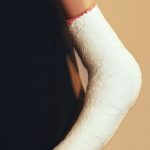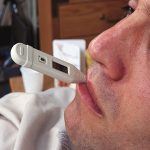
The number of people living with Parkinson’s disease worldwide could double in the next two decades, experts project. In a report warning of a possible Parkinson’s “pandemic,” researchers say the stage is set for cases to surge to 12 million or more by 2040. What’s to blame? In large part, trends that are generally positive: Older age is a major risk factor for Parkinson’s, and with life expectancy rising worldwide, more people will develop the disease. At the same time, Parkinson’s patients are surviving longer, which drives up the number of people living with the disease at any given time. Then there’s a less expected factor: Declining smoking rates. While the habit has many devastating effects, research suggests it protects against Parkinson’s. Those are obviously trends that no one wants to reverse, said report author Dr. Ray Dorsey. There are, however, other ways to slow the projected rise in Parkinson’s, said Dorsey, a professor of neurology at the University of Rochester Medical Center in New York. “We believe there’s a lot we can do toward prevention,” he said. At the top of the list is reducing people’s exposure to certain pesticides, solvents and other chemicals that research has linked to Parkinson’s risk. As an example, Dorsey pointed to the weed-killer paraquat. “It’s been strongly linked to an increased risk of Parkinson’s, and it’s banned in… read on >


























-300x200.jpg)







-300x169.jpg)
